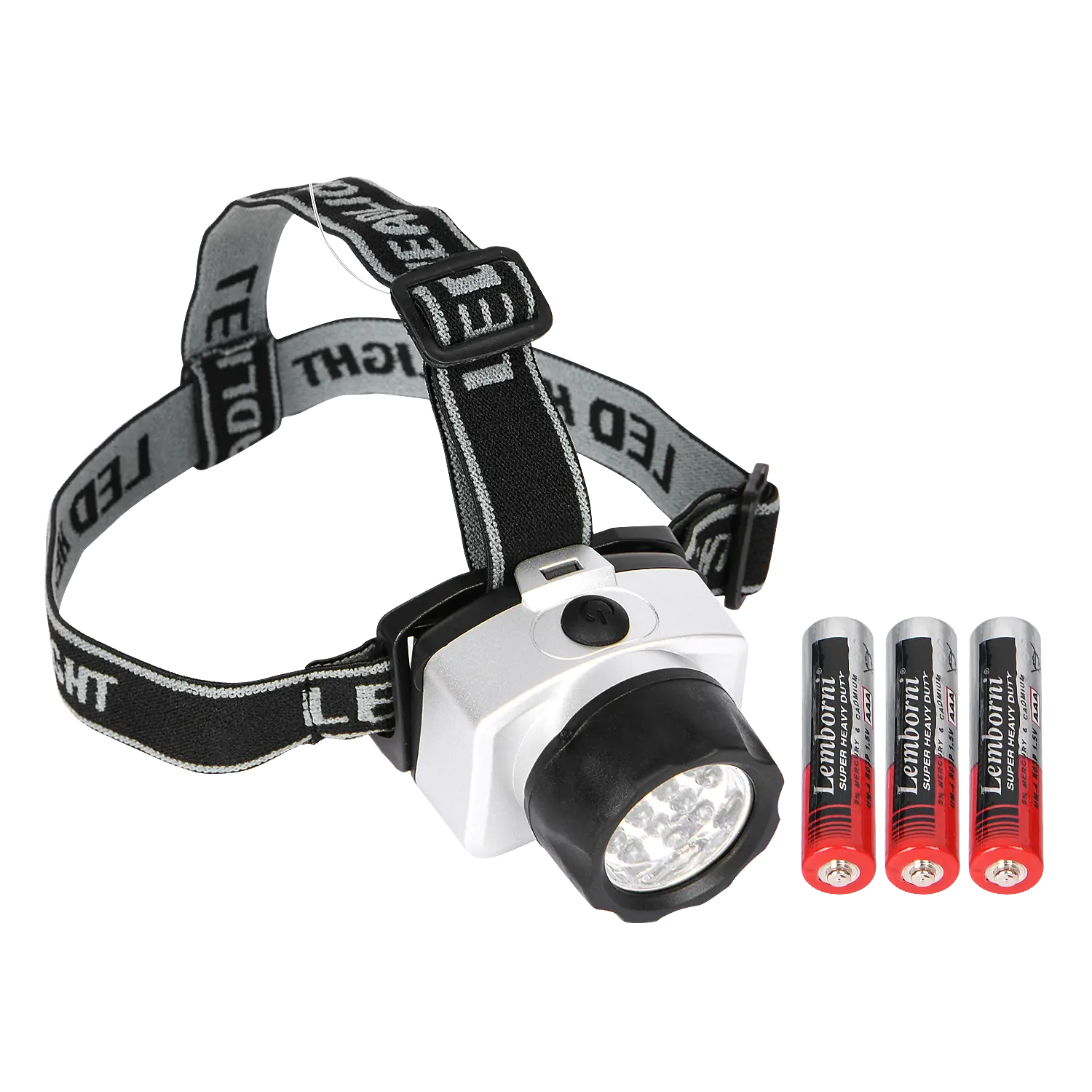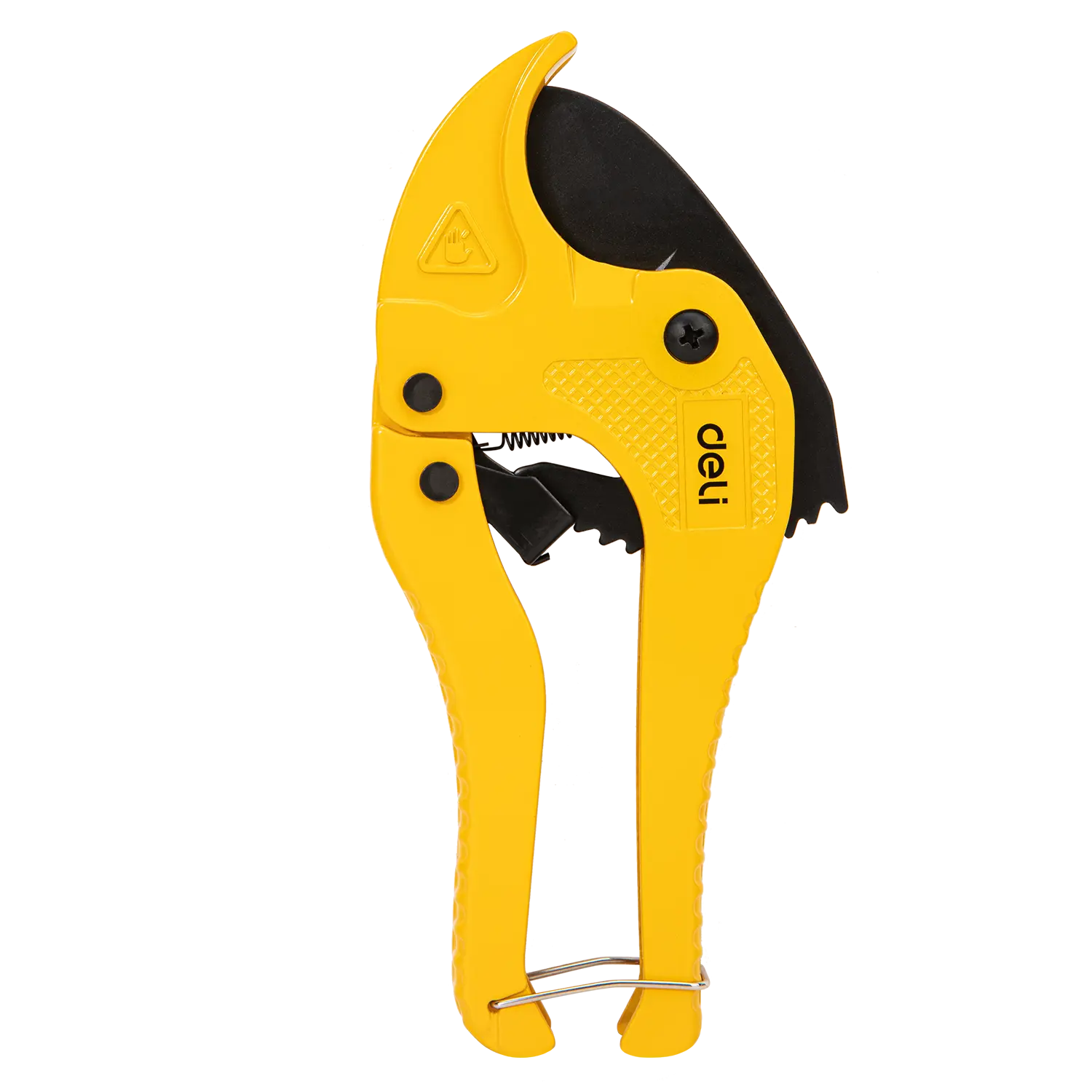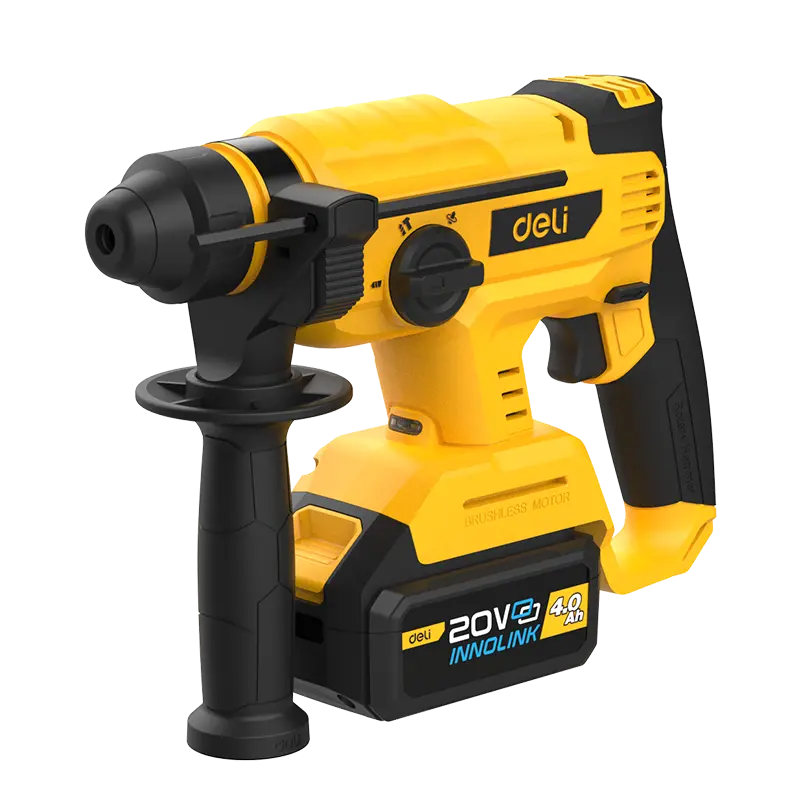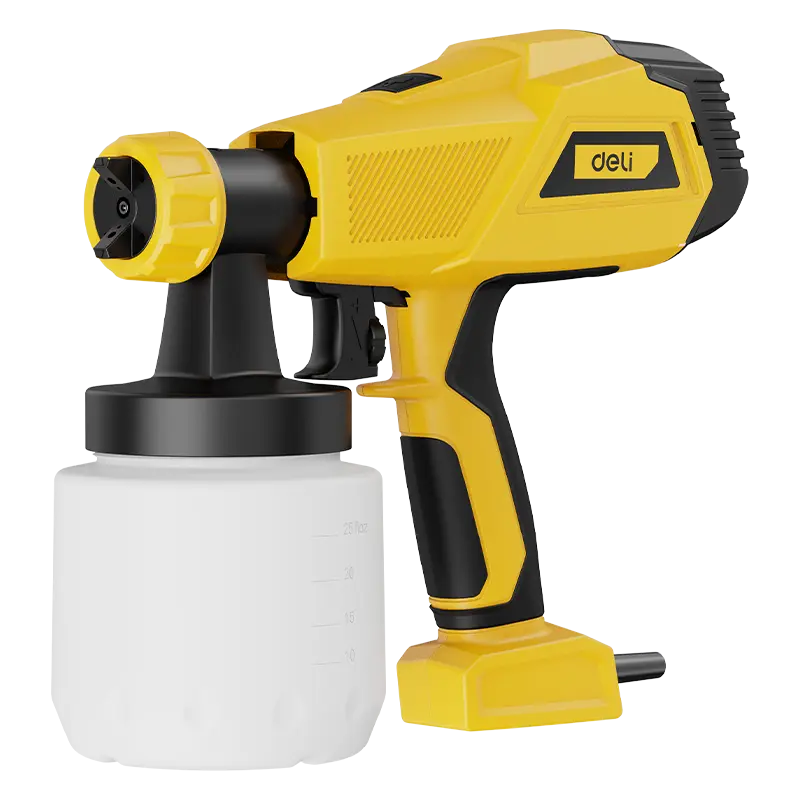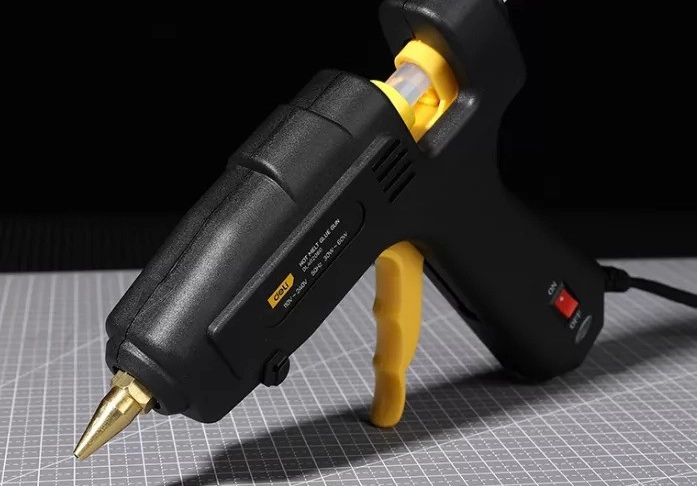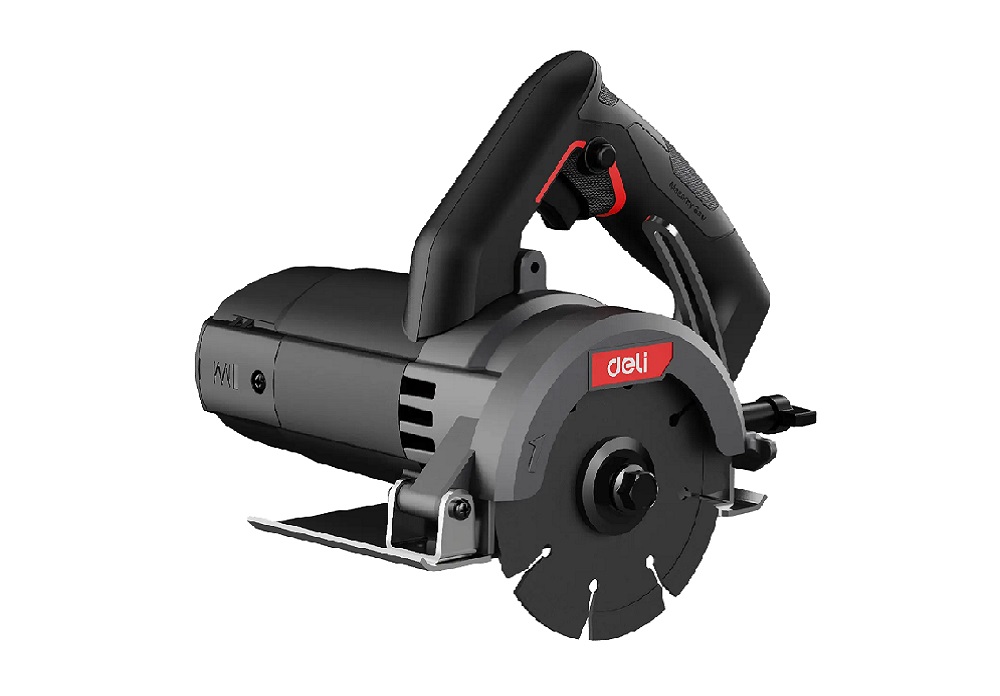Electronic and electrical tools play a crucial role in our daily lives, assisting us in various tasks and making our lives easier. Understanding the differences between these tools is essential for anyone involved in the field of technology or engineering. In this article, we will explore what electronic and electrical tools are, the types of tools that fall under each category, and the key differences between them.
Firstly, let's delve into electronic tools. These tools are devices that operate using electronic circuits and are primarily used for processing or transmitting information. Some common examples of electronic tools include computers, smartphones, digital cameras, and televisions. These tools rely on electronic components such as integrated circuits, transistors, and diodes to function properly.
On the other hand, electrical tools are devices that utilize electrical energy to perform tasks. These tools are typically used for generating, distributing, or controlling electrical power. Examples of electrical tools include generators, transformers, circuit breakers, and electric motors. Unlike electronic tools, electrical tools focus on the manipulation and control of electricity rather than processing or transmitting information.
While both Electronic and electrical tools have their own unique applications, it is crucial to understand the key differences between them. Electronic tools primarily deal with low power levels and are focused on information processing, whereas electrical tools handle high power levels and are focused on power generation and control. Additionally, electronic tools often require precise voltage levels and current flows, while electrical tools typically require higher voltage levels and currents.
In conclusion, electronic and electrical tools are fundamental components of our modern technological world. By understanding the types of tools that fall under each category and the key differences between them, individuals can gain a deeper appreciation for the role these tools play in various industries. Whether you are an engineer, a technician, or simply someone interested in technology, this article will provide valuable insights into the world of electronic and electrical tools.
Types of Electronic Tools
When it comes to tackling various tasks and projects, electronic tools play a crucial role in our lives. These tools have revolutionized the way we work and have made our lives easier and more efficient. From small handheld devices to heavy-duty machinery, there is a wide range of electronic tools available in the market today.
One type of electronic tool is the electrical tester. This tool is used to check the presence of electricity in a circuit. It helps electricians and technicians identify any faults or issues in the electrical system. Electrical testers come in various forms, such as voltage testers, continuity testers, and multimeters. These tools ensure safety and accuracy when working with electricity.
Another commonly used electronic tool is the power drill. This versatile tool is a staple in any toolbox. With its rotating drill bit, it is used to create holes in various materials such as wood, metal, and plastic. Power drills come with different power options, including corded and cordless. They are often equipped with additional features such as adjustable speed settings and different drill bit attachments, making them suitable for a wide range of electric drill uses.
For those involved in woodworking or construction projects, a portable circular saw is an essential electronic tool. This handheld device is used to make precise and straight cuts in various materials, including wood, plywood, and even metal. Circular saws are known for their power and accuracy, making them a popular choice among professionals and DIY enthusiasts alike.
Electronic tools also extend to the realm of measurement and precision. Devices such as digital calipers and laser distance meters are used to accurately measure distances, lengths, and angles. These tools provide accurate readings and are essential for tasks that require precision, such as carpentry, engineering, and architecture.
In the world of electronics, the soldering iron is a vital tool. It is used to join two or more electrical components together by melting and flowing a soldering material. Soldering irons come in various sizes and power options, and they are widely used in the electronics industry for circuit board assembly, repairs, and modifications.
Types of Electrical Tools and Equipment
Electrical tools are essential for any electrician or handyman. These tools help in various electrical tasks, including installation, repair, and maintenance. There are different types of electrical tools available in the market, each serving a specific purpose. In this article paragraph, we will discuss some of the most commonly used electrical tools without mentioning any brand names.
One of the fundamental electrical consumables is the electronic multimeter. This versatile tool helps in measuring voltage, current, and resistance, making it a must-have for any electrician. Whether you are troubleshooting a faulty circuit or checking the continuity of a wire, a multimeter is an indispensable tool.
Another essential electrical tool is the wire stripper. As the name suggests, this tool is used to strip the insulation off electrical wires. It ensures a clean and precise cut, allowing for proper connection and preventing any electrical shorts. Wire strippers come in various sizes and designs, catering to different wire gauges.
A cable tester is also a valuable tool when it comes to electrical work. This tool helps in verifying the integrity of cables, ensuring that they are properly connected and functioning. Cable testers can detect faults such as open circuits, short circuits, or incorrect wiring, saving time and effort in troubleshooting.
For cutting and crimping wires, electricians rely on wire cutters and crimping tools. Wire cutters are used to precisely cut wires to the required length, while crimping tools are used to create secure connections by compressing terminals onto the wire ends. These tools ensure reliable and durable connections in electrical systems.
In addition to these basic tools, there are specialized electrical tools such as voltage testers, circuit finders, and insulation testers. Voltage testers help in determining the presence of electrical voltage, ensuring safety during electrical work. Circuit finders, on the other hand, help in locating circuits and identifying the correct breaker or fuse. Insulation testers measure the resistance of insulation, identifying any potential faults or weaknesses.
Key Differences between Electronic and Electrical Tools
When it comes to tools, there are two main categories that are often confused: electronic and electrical tools. While both types serve the purpose of assisting in various tasks, they have distinct differences that set them apart. Understanding these differences can help you choose the right tool for the job.
Electronic tools are those that rely on electronic circuits to function. They often require a power source, such as batteries or electricity, to operate. These tools are designed to perform specific tasks efficiently and accurately. Examples of electronic tools include multimeters, oscilloscopes, and digital thermometers. These tools are commonly used in industries such as electronics, telecommunications, and automotive.
On the other hand, electrical tools are powered by electricity and are used for a wide range of applications. Unlike electronic tools, electrical tools do not rely on complex circuits or components. They are designed to perform tasks that involve electrical connections, such as cutting, drilling, or fastening. Some common examples of electrical tools include drills, saws, and soldering irons. These tools are commonly used in construction, woodworking, and electrical installations.
One key difference between electronic and electrical tools is their complexity. Electronic tools often require advanced knowledge and expertise to operate and maintain. They are designed for professionals who have a deep understanding of electronics and circuitry. Electrical tools, on the other hand, are generally more user-friendly and can be used by individuals with basic knowledge and skills.
Another difference lies in the applications they are used for. Electronic tools are primarily used in industries that deal with electronics and electrical systems. They are essential for troubleshooting, repairing, and testing electronic devices and circuits. Electrical tools, on the other hand, are used in a wide range of industries and applications. From construction sites to woodworking workshops, electrical tools are indispensable for various tasks.
Electronic tools from Deli Tools Global have become an integral part of our daily lives, enabling us to perform tasks efficiently and accurately. Whether you are a professional tradesperson or a DIY enthusiast, having the right electronic tools is crucial for successful outcomes. Investing in high-quality electronic tools can bring convenience and effectiveness to your projects.
In the field of electrical work, electrical tools play a crucial role. From measuring and testing to cutting and crimping, these tools are essential for electricians and handymen. By having the right tools at hand, professionals can ensure safe and efficient electrical installations, repairs, and maintenance. Prioritizing safety and using appropriate tools for the task is important to avoid accidents or damages.
Electronic and electrical tools serve different purposes and are used in various industries. While electronic tools rely on electronic circuits and are more complex, electrical tools are powered by electricity and are more user-friendly. Understanding the key differences between these two types of tools can help individuals choose the right tool for their specific needs and tasks.

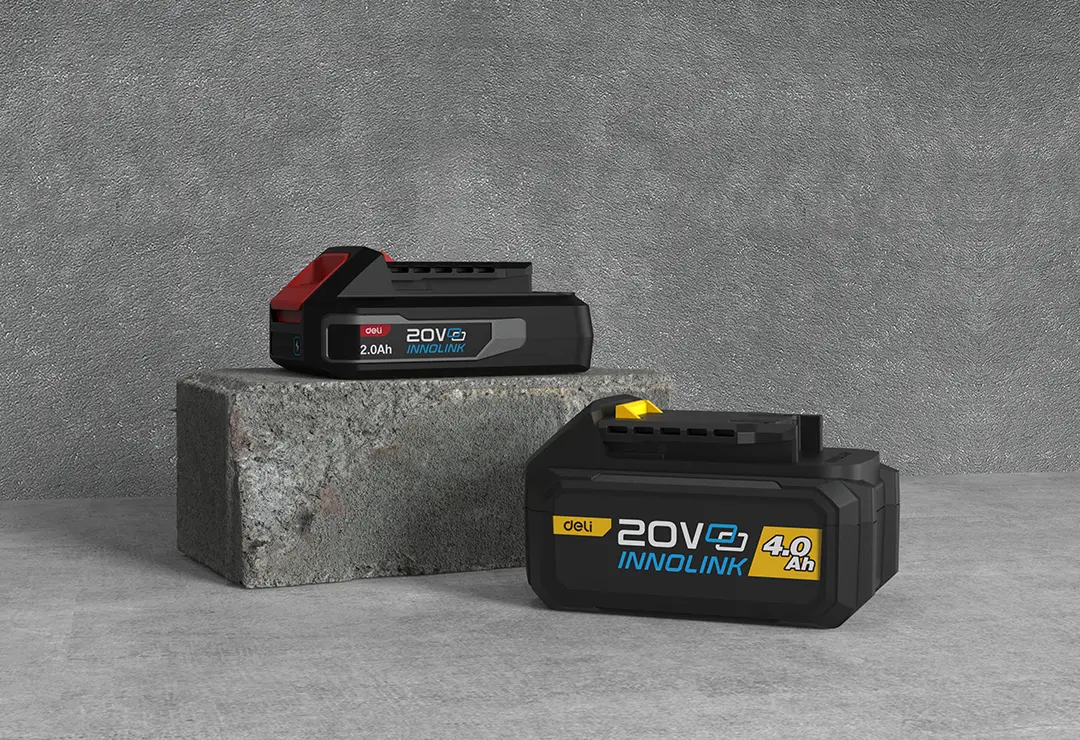
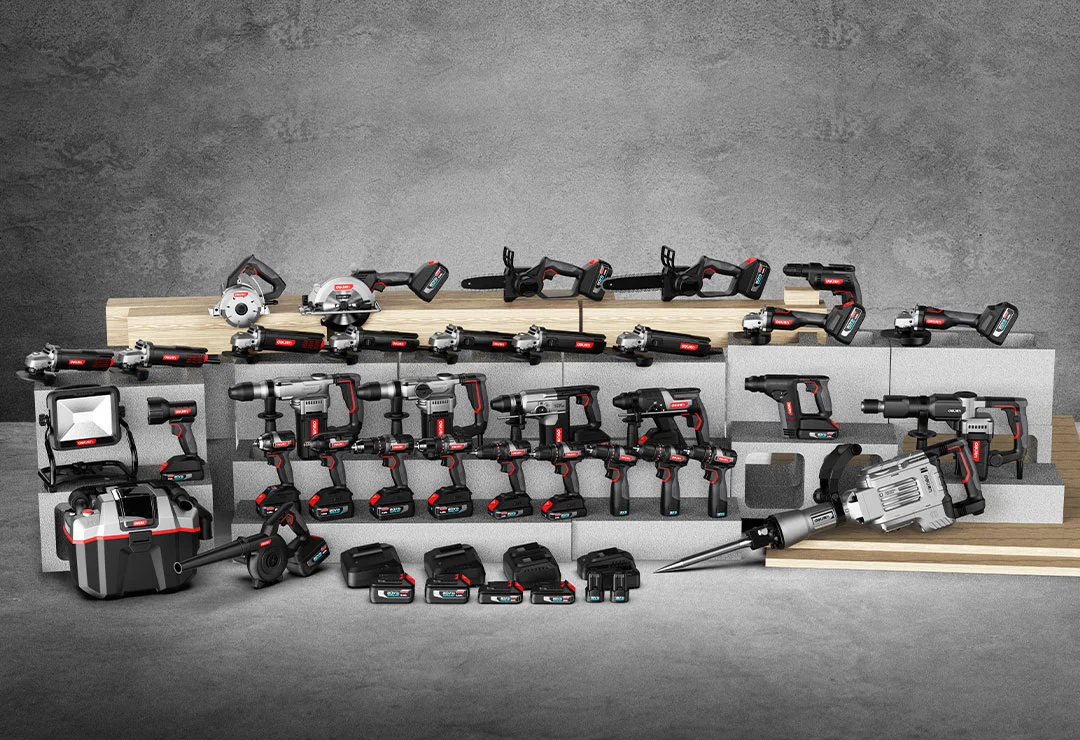
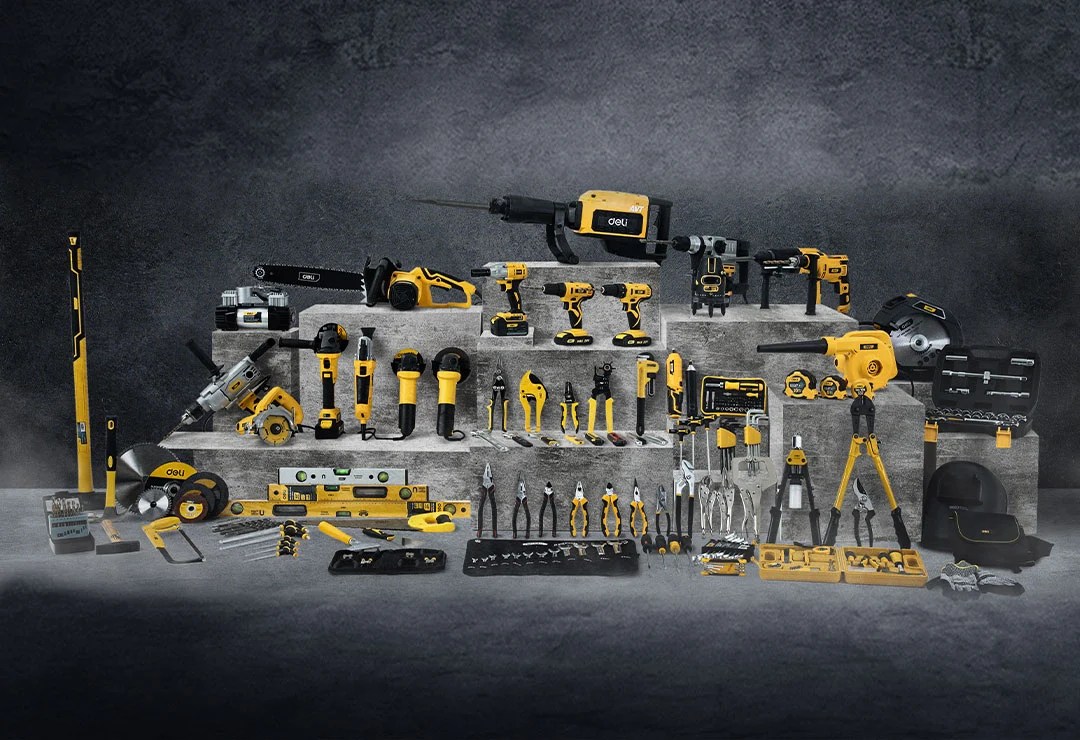
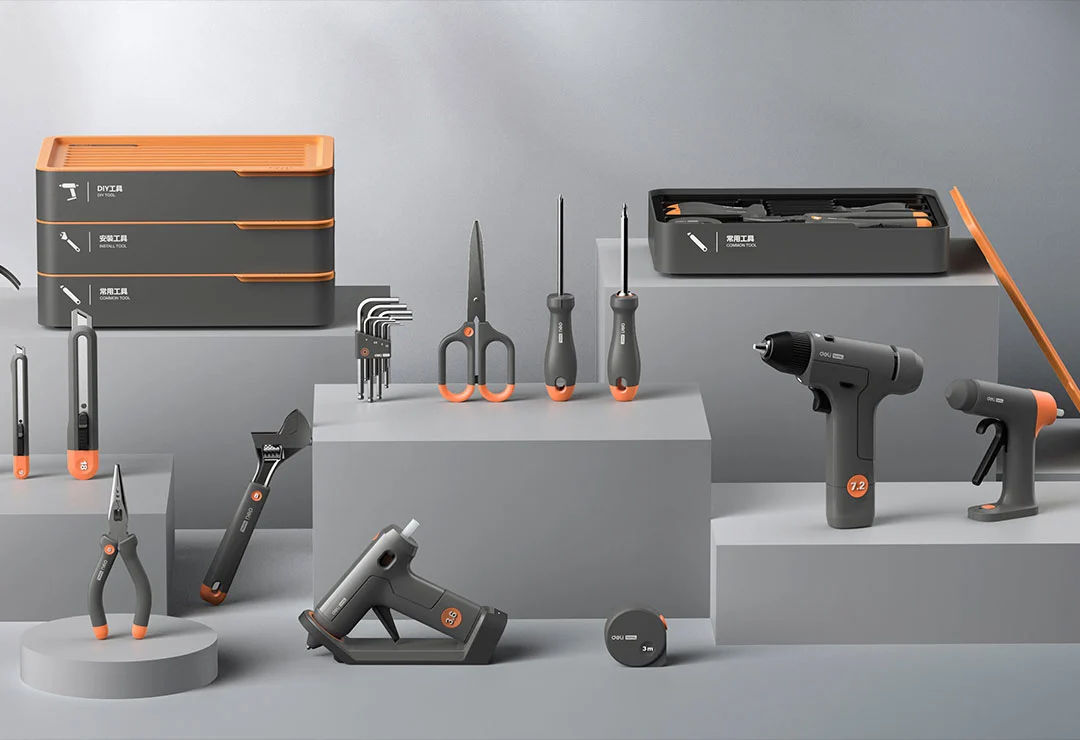

 EN
EN
 jp
jp  ko
ko  fr
fr  de
de  es
es  it
it  ru
ru  pt
pt  ar
ar  vi
vi  th
th  hi
hi  pl
pl  id
id  el
el 